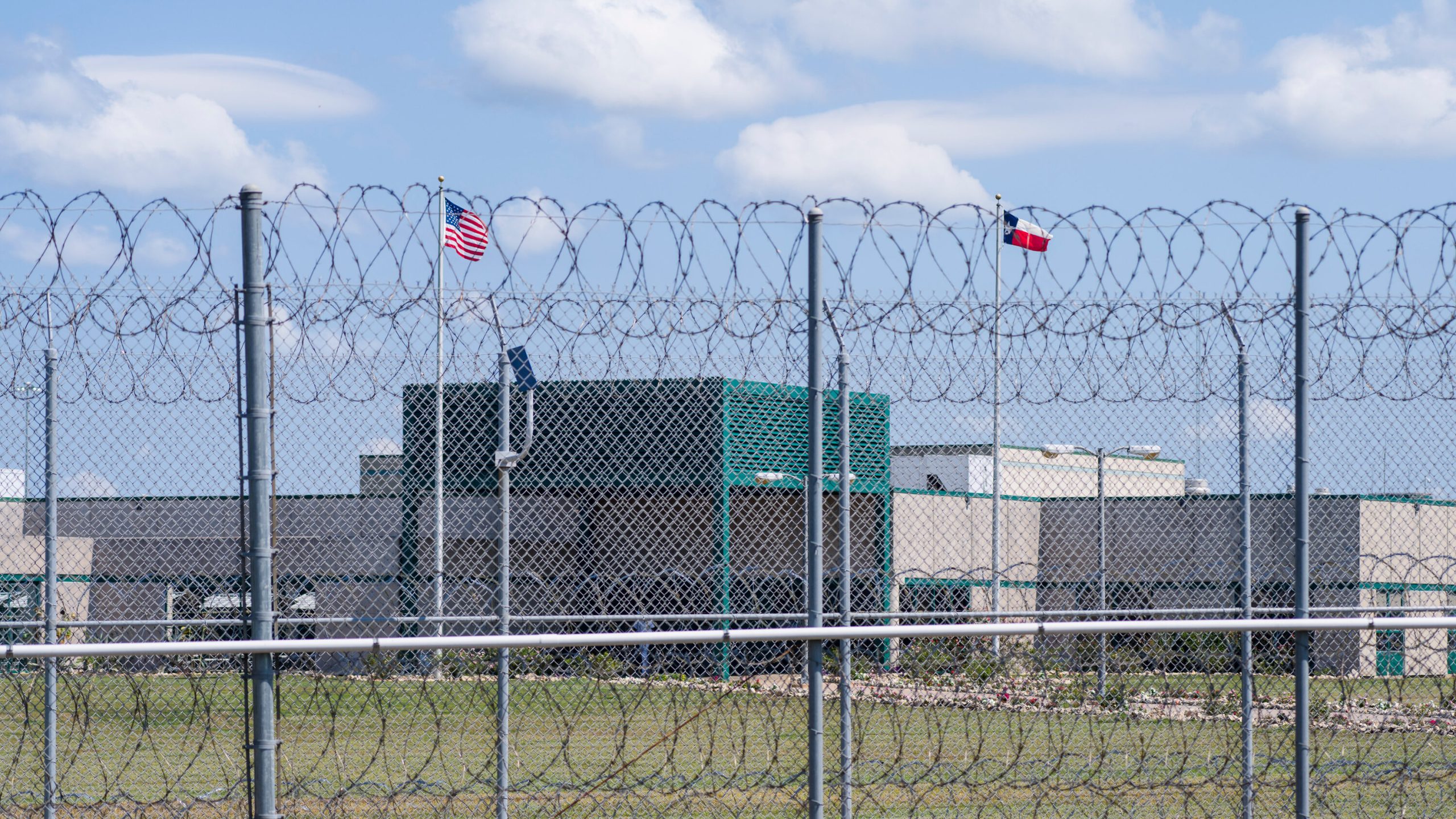In a solemn culmination of a decades-long legal saga, Ramiro Gonzales, 41, was executed Wednesday evening in Huntsville, Texas, for the brutal 2001 murder of Bridget Townsend.
Gonzales, who admitted to kidnapping, sexually assaulting, and fatally shooting Townsend when he was 18 years old, expressed remorse in his final statement, seeking forgiveness from Townsend’s family.
As per nbcnews Despite efforts by Gonzales’ lawyers and appeals from evangelical leaders for clemency, the U.S. Supreme Court declined to intervene just hours before the scheduled execution.
Gonzales’ legal team argued that he had undergone significant personal growth and had become deeply religious during his time on death row, presenting evidence that contradicted earlier expert testimony suggesting he posed a future danger to society.
However, these pleas were ultimately unsuccessful, and Gonzales was administered a lethal dose of pentobarbital, leading to his death within minutes as it was covered by X (formerly known as twitter)
Townsend’s brother, David, expressed a mix of emotions after witnessing the execution, stating that while justice was served, it did not bring joy to their grieving family.
Related Articles:
- Texas DPS Issues Urgent Warning Amid Scorching Summer Heat
- Tragic Weekend in Central Texas: Fatal Crashes Leave Four Dead, Many Injured
- Former Texas Police Officer Sentenced for Assaulting Woman During Traffic Stop
He acknowledged the pain endured over more than two decades and emphasized that Gonzales’ death provided some sense of closure.
The execution of Ramiro Gonzales marks the second in Texas and the eighth in the United States this year.
As legal debates and moral considerations continue to surround capital punishment, Gonzales’ case underscores the complex dynamics involved in administering the death penalty in the U.S.
